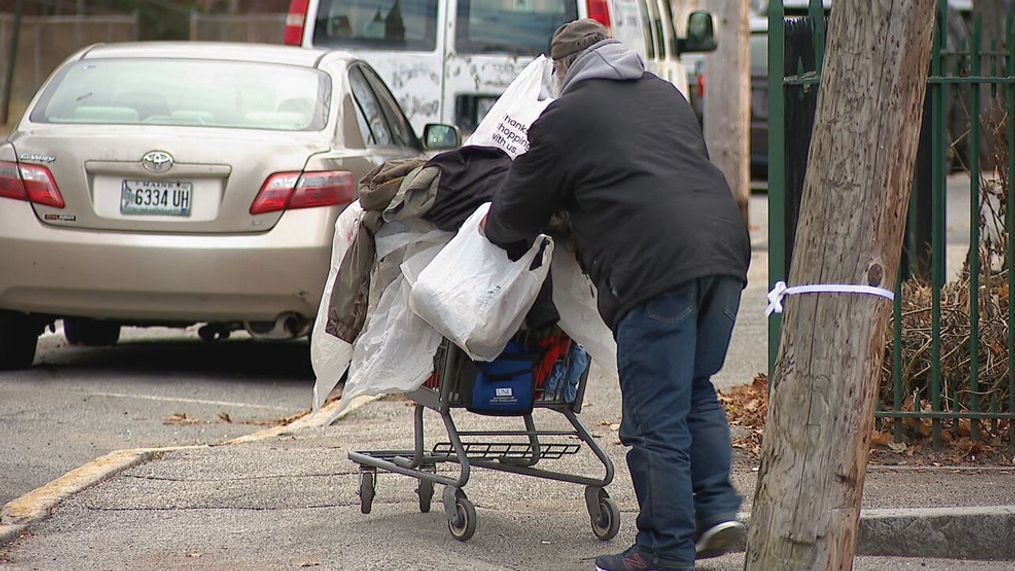Georgetown Approves Sweeping Restrictions on Homeless Activities Amid Public Outcry
New Ordinances Target Sitting, Sleeping, and Food Distribution in Downtown Area
The Georgetown City Council has unanimously passed a series of controversial ordinances aimed at regulating the presence and behavior of individuals experiencing homelessness in the city’s downtown area. The new rules include a 24/7 ban on sitting, lying down, or sleeping in public spaces within the downtown district.
While city officials argue the ordinances are meant to address safety concerns and public complaints, community advocates and volunteers have voiced strong opposition, warning that the measures may criminalize poverty and displace vulnerable residents with no clear alternatives.
Police Cite Public Complaints as Motivation
Georgetown Police Chief Cory Tchida, who introduced the proposed ordinances during a council meeting on June 10, stated that the department had received numerous complaints about sidewalks being blocked by individuals or their belongings in downtown areas.
“After discussing the ramifications and the issues, we recommended some changes,” Tchida said, noting that the new ordinance was modeled after a similar one adopted in Austin. He clarified that the rules would only apply to individuals who had received a warning from law enforcement within the previous 12 months, and that exceptions would be made in cases of medical emergencies or during public events like parades or festivals.
Another ordinance targets aggressive panhandling. While acknowledging that panhandling is a First Amendment-protected activity, Tchida said the city is permitted to enforce “manner restrictions” that prohibit violent or threatening behavior during solicitation.
Advocates Say Ordinances Penalize the Unhoused
Michelle Augustine, a member of the Georgetown Coalition for the Unhoused, was among several community members who expressed deep concern over the new policies during the public comment period.
“I don’t want them sleeping around the square or out in the streets,” she said, “but I don’t know where they’re supposed to go at night. There isn’t a safe place. We don’t have housing. We don’t have transitional housing. We don’t have overnight sheltering.”
Augustine emphasized that without providing alternatives or infrastructure to support the homeless population, such ordinances only serve to shift the problem out of public view without solving it.
Food Distribution Also Under New Restrictions
In addition to limiting where unhoused individuals can sit or sleep, the council passed a new rule restricting the distribution of food and supplies in public parking lots. Volunteers are now prohibited from stopping, standing, or parking vehicles in publicly owned or operated parking areas for more than 24 hours.
This move directly affects organizations like Helping Hands of Georgetown, a volunteer group that has been providing free lunches outside the local library four days a week. The new regulation effectively forces them to cease operations at their long-standing location.
“What bewilders me, or surprises me, is homeless people do sort of come out of the woodwork. They know it’s 3 o’clock, it’s time to come and eat,” said volunteer Anne Bustos. “We’re only there six hours a week, handing out food and truly feeding truly homeless people who are our neighbors.”
Bustos criticized the city’s decision to impose these limits rather than collaborate with grassroots groups providing direct aid.
“Instead of dismantling Helping Hands, Georgetown should be working alongside Helping Hands to make all Georgetown residents have purpose,” she added.
A Growing Divide Between Policy and Compassion
As homelessness continues to rise in many communities across the country, Georgetown’s approach echoes a growing trend in cities implementing laws that restrict where unhoused individuals can exist. Critics argue that these ordinances often come without the necessary investment in shelters, affordable housing, or supportive services that address the root causes of homelessness.
Supporters of the measures, however, claim they are necessary to maintain public safety, cleanliness, and economic vitality—especially in high-traffic downtown areas.
Still, the absence of a concrete plan to house or help the people affected by these restrictions raises serious questions about the long-term impact of such legislation. For many, the conversation now shifts from enforcement to responsibility—whether cities should focus more on punitive actions or compassionate solutions.

COMMENTS (0)
Sign in to join the conversation
LOGIN TO COMMENT